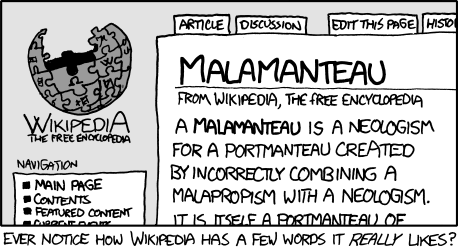Their mouth … its mouths
I don't think we've had one of these before.
In many earlier posts (e.g. "Candidates must be a student", 4/16/2009; "Xtreme singular they", 4/18/2008; "'Singular they', God said it, I believe it, that settles it", 9/13/2006; "They are a prophet", 10/21/2004), we've noted that they/them/their is often used with non-specific singular human antecedents, not only as an alternative to "he or she", "him or her", "his or hers", but even in cases where the sex of the antecedent is known.
But here's a case where the antecedent is a snake, and a generically definite one at that ("How spitting cobras shoot for the eyes", Discover Magazine 5/14/2010):
It may seem a bit daft to provoke a snake that can poison you from afar, but Young’s antics were all part of an attempt to show just how spitting cobras make their shots. Their venom is a potent defensive weapon, but it’s also completely useless if it lands on the skin or even in the mouth. To work, the cobra must aim for the eyes. Just think about how hard that is. The cobra must hit a moving target that’s up to 1.5 metres away, using a squirt gun attached to their mouth.
Read the rest of this entry »



